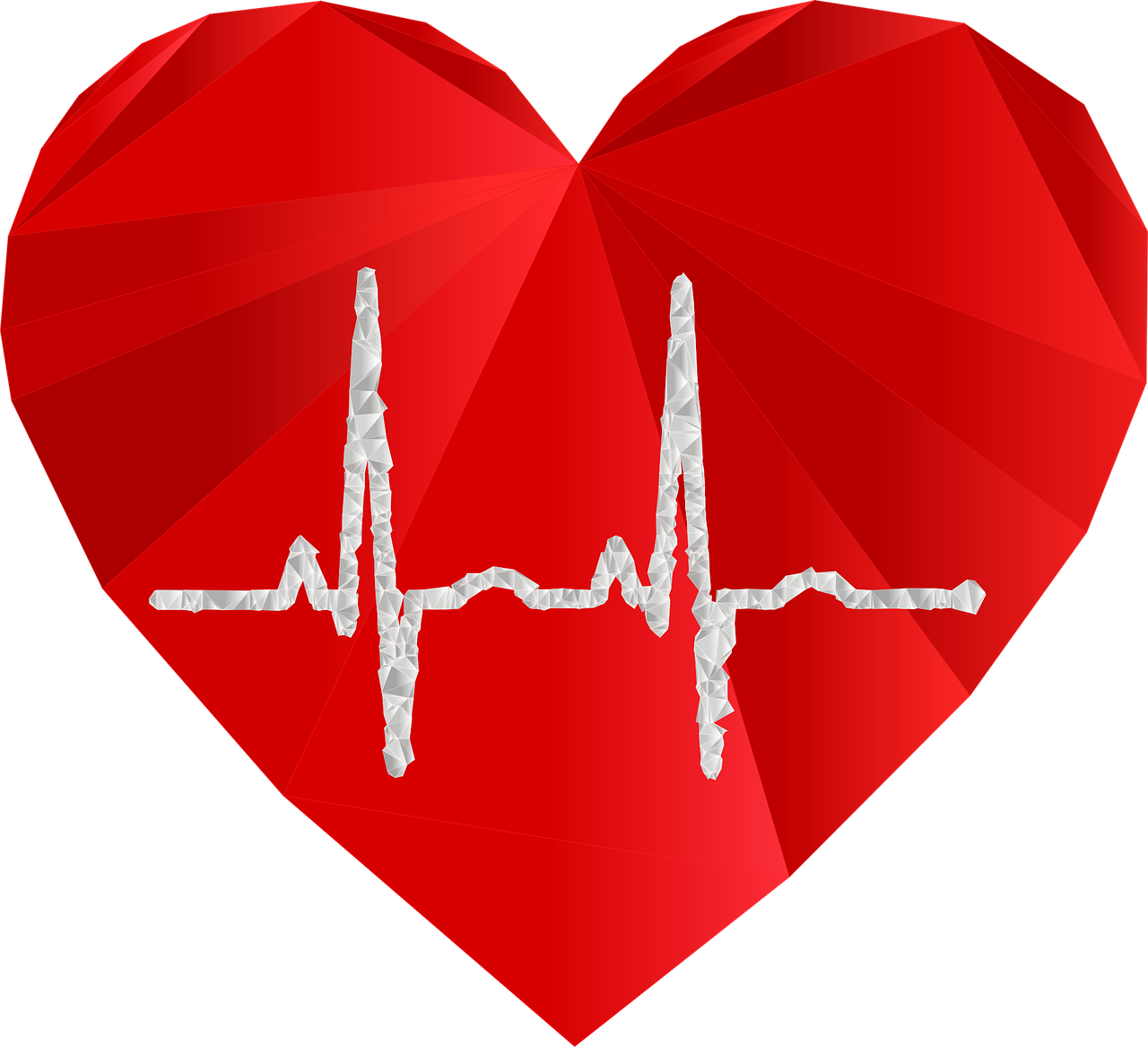
Do you know what low blood pressure is and how it can affect your health? In this article, I will explain what low blood pressure means, what causes it, what symptoms to look out for, and how to prevent or treat it. Low blood pressure, also called hypotension, is when your blood pressure is lower than normal. Blood pressure is the force of blood pushing against the walls of your blood vessels. It is measured by two numbers: the systolic pressure (the top number) and the diastolic pressure (the bottom number). The systolic pressure is the pressure when your heart beats and the diastolic pressure is the pressure when your heart rests between beats. Normal blood pressure is usually around 120/80 mm Hg (millimeters of mercury). Low blood pressure is generally considered to be below 90/60 mm Hg. However, what's considered low for one person may be normal for another.
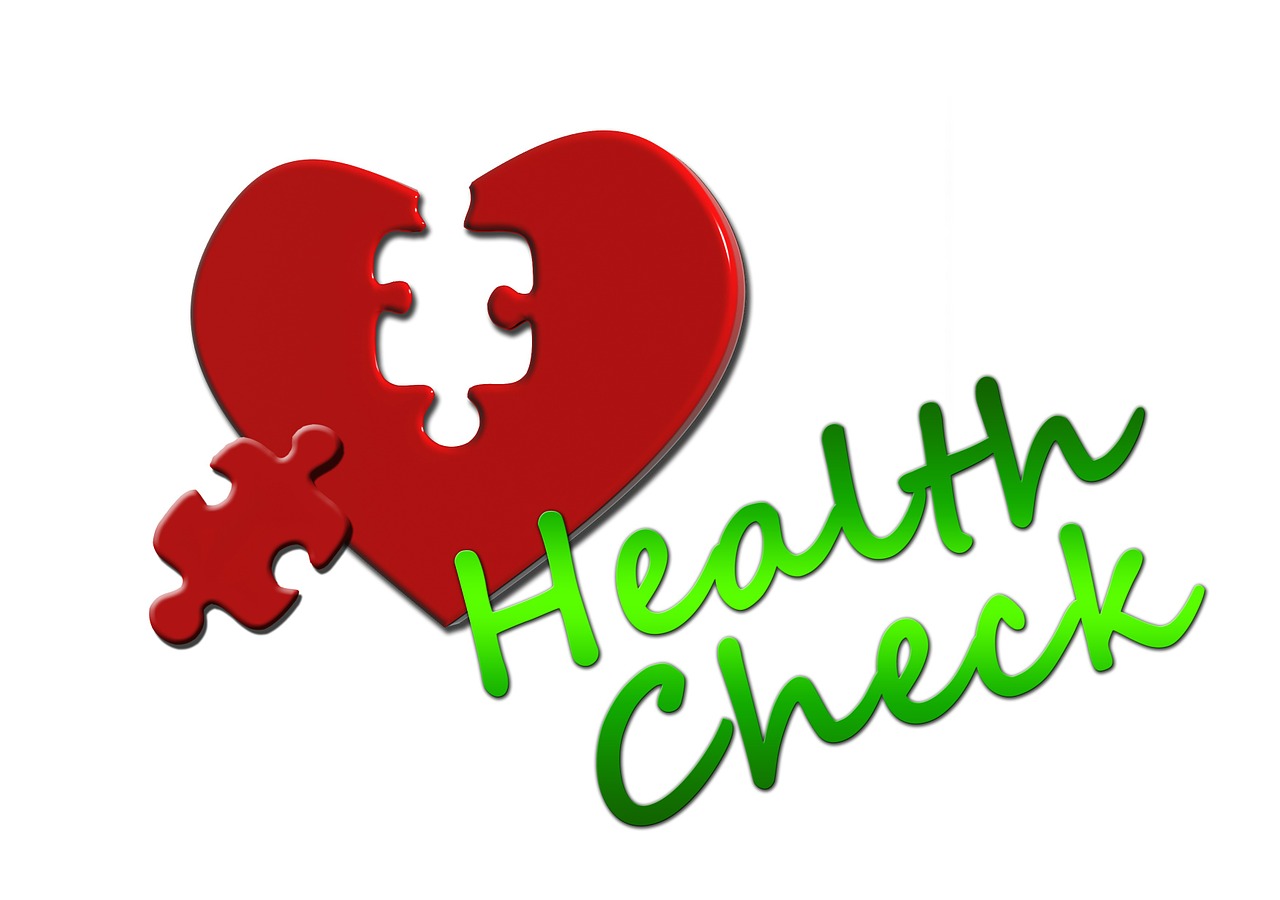
It also depends on your age, health condition, and lifestyle. Low blood pressure can sometimes be a sign of good health, especially if you are physically fit and have no other health problems. It can also be normal for your blood pressure to drop when you are resting or sleeping. However, low blood pressure can also be a problem if it causes symptoms or if it is caused by an underlying disease or condition. Some of the common causes of low blood pressure are: - **Dehydration**: This can happen if you don't drink enough fluids, or if you lose fluids due to vomiting, diarrhea, fever, or excessive sweating. Dehydration can reduce the amount of blood in your body and lower your blood pressure. - **Pregnancy**: This can make your blood pressure drop due to hormonal changes and the expansion of your blood vessels. Your blood pressure usually goes back to normal after you give birth.
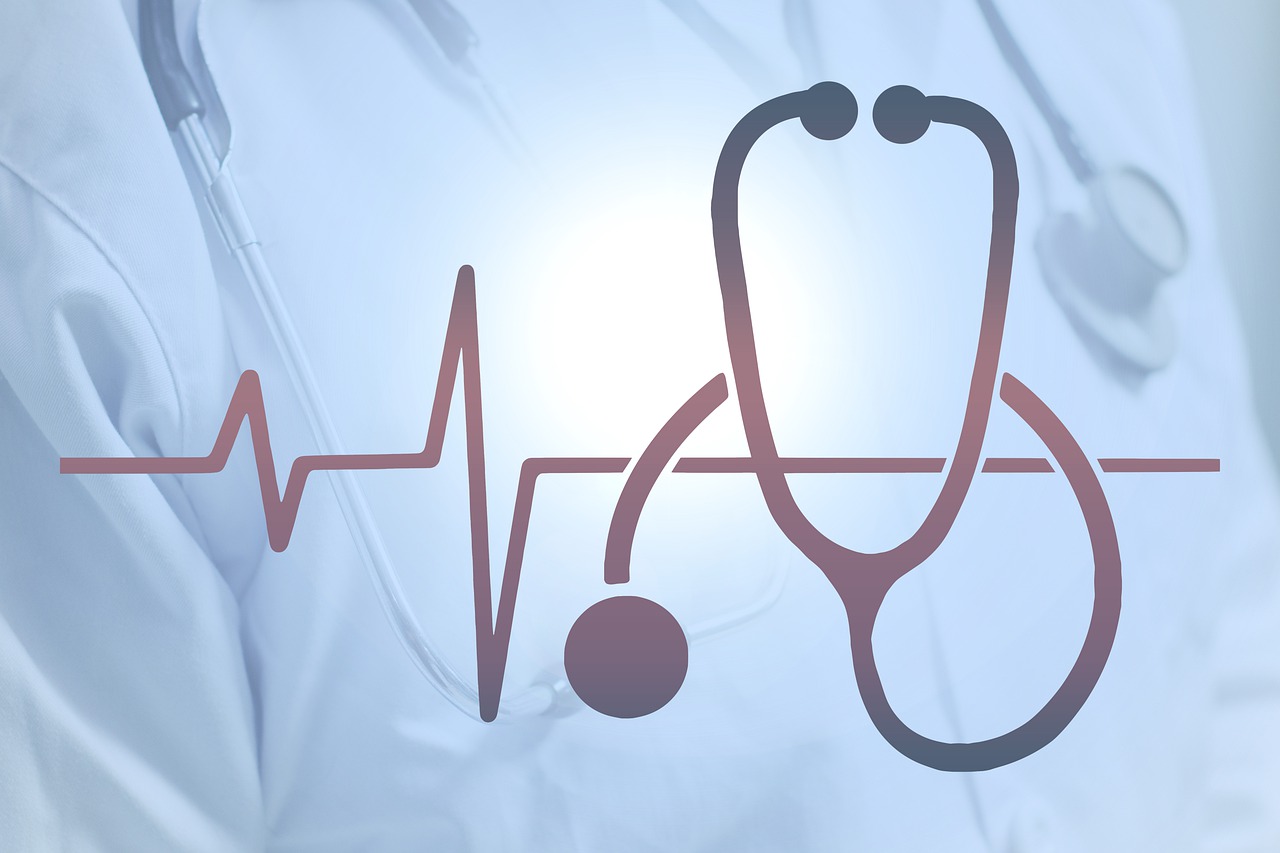
- **Heart problems**: These can include a heart attack, heart failure, heart valve disease, and a very slow heart rate (bradycardia). These can affect how well your heart pumps blood and lower your blood pressure. - **Hormone-related diseases**: These can affect your glands that produce hormones that help regulate your blood pressure and fluid balance. Some examples are Addison's disease, which causes a lack of cortisol and aldosterone; hypothyroidism, which causes a lack of thyroid hormone; diabetes, which causes high blood sugar; and hypoglycemia, which causes low blood sugar. - **Medications**: Some medications can lower your blood pressure as a side effect or an overdose. These include drugs for high blood pressure, heart disease, depression, Parkinson's disease, erectile dysfunction, and allergies. - **Neurally mediated hypotension**: This is a condition that causes your blood pressure to drop after standing for a long time. It may happen because of a miscommunication between your heart and your brain.
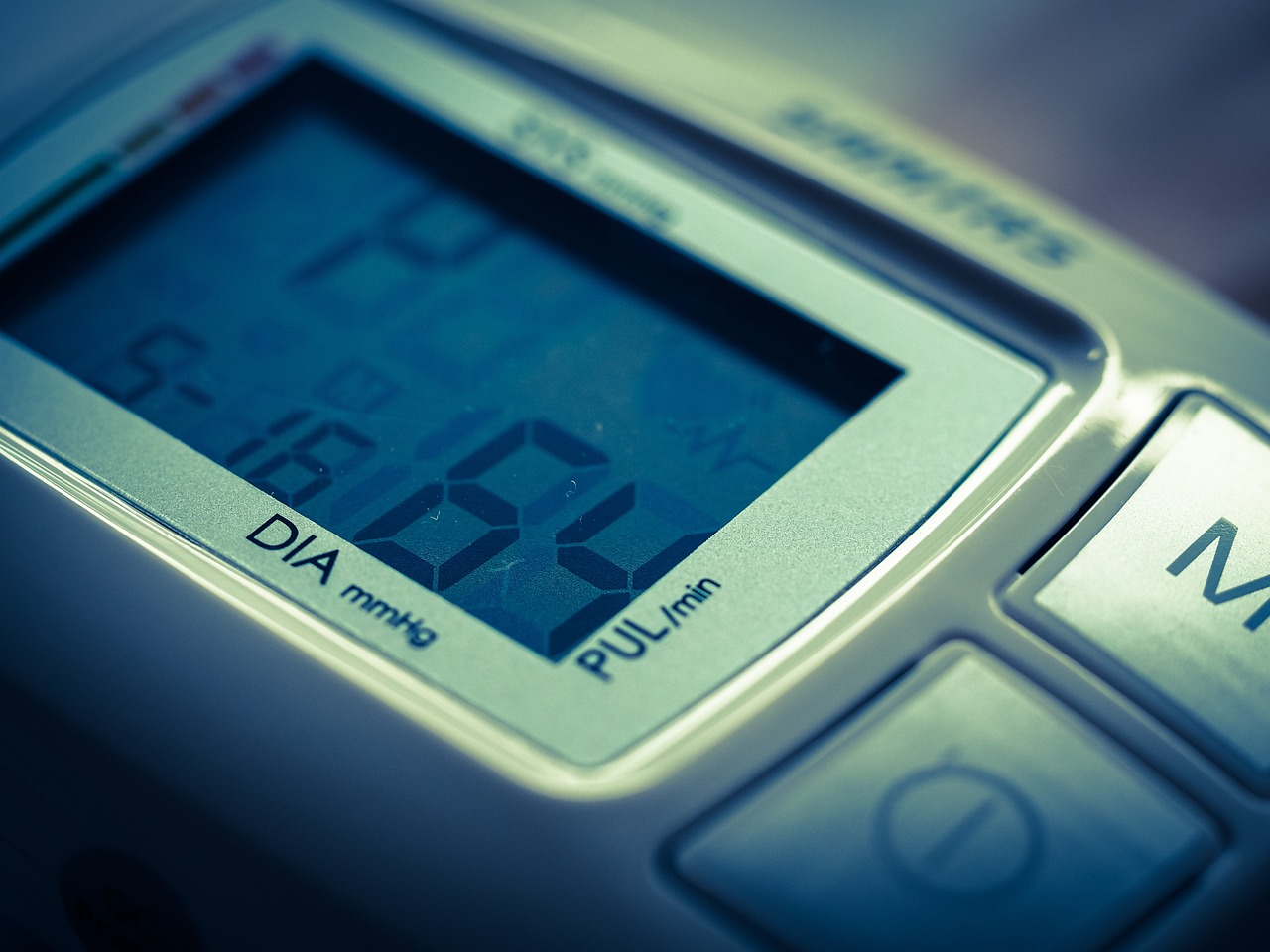
- **Multiple system atrophy with orthostatic hypotension**: This is a rare disorder that affects your nervous system that controls involuntary functions such as blood pressure, heart rate, breathing, and digestion. It can cause very high blood pressure when lying down and very low blood pressure when standing up. Some of the common symptoms of low blood pressure are: - **Dizziness or lightheadedness**: You may feel dizzy or faint when you stand up or change positions quickly. - **Blurred vision**: You may have trouble seeing clearly or experience fading vision. - **Nausea**: You may feel sick to your stomach or vomit. - **Fatigue**: You may feel tired or weak. - **Confusion**: You may have trouble thinking clearly or remembering things. - **Coldness**: You may feel cold or have clammy skin. - **Heart palpitations**: You may feel your heart beating faster or stronger than usual. Low blood pressure can sometimes be dangerous if it is too low or drops suddenly.

This can reduce the amount of blood and oxygen that reaches your brain and other vital organs. This can lead to a condition called shock, which can be life-threatening. Some signs of shock are: - **Extreme confusion**: You may not know where you are or what is happening around you. - **Pale skin**: You may lose color in your face or other parts of your body. - **Rapid breathing**: You may breathe faster or shallower than normal. - **Weak pulse**: You may have difficulty feeling your pulse or it may be very faint. If you have any symptoms of low blood pressure or shock, you should seek medical attention right away. You may need emergency treatment to restore your blood flow and prevent organ damage. There are some ways to prevent or treat low blood pressure depending on the cause and severity. Some general tips are: - **Drink plenty of fluids**: This can help prevent dehydration and increase your blood volume and pressure.
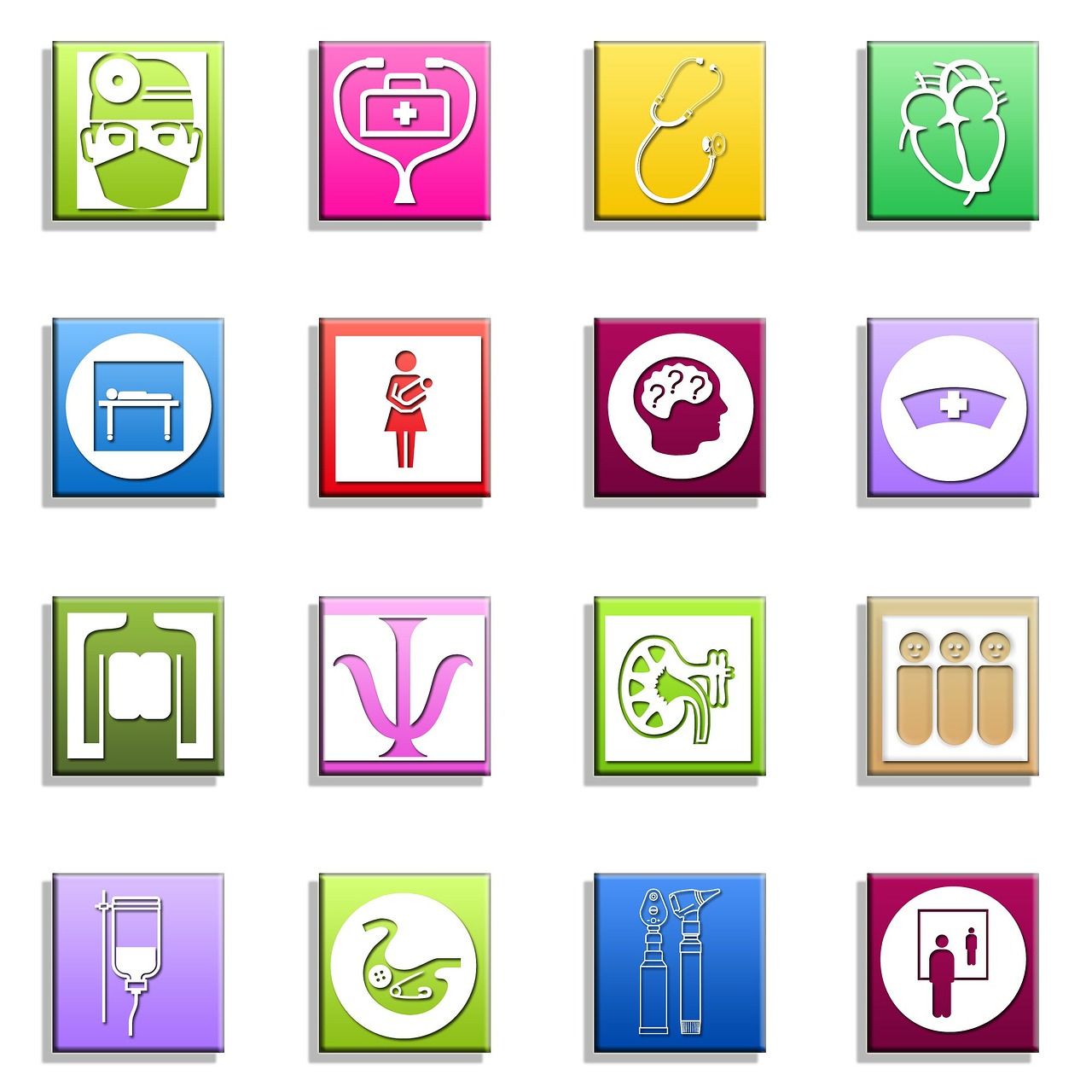
- **Eat a balanced diet**: This can help provide enough nutrients such as vitamin B12, folate, iron, sodium, and potassium that are important for your blood pressure and fluid balance. - **Avoid alcohol**: This can dehydrate you and lower your blood pressure. - **Stand up slowly**: This can help prevent dizziness and fainting when changing positions. - **Wear compression stockings**: These can help improve the blood flow in your legs and prevent pooling of blood in your lower body when standing up. - **Adjust your medications**: If you are taking any medications that lower your blood pressure, you may need to change the dose or switch to a different drug with the guidance of your doctor. - **Treat the underlying condition**: If you have any health problems that cause low blood pressure, such as heart disease, diabetes, thyroid disease, or adrenal disease, you should follow your doctor's advice on how to manage them.
Low blood pressure is not always a cause for concern, but it can sometimes be a sign of a serious health issue. If you have any symptoms of low blood pressure or shock, you should seek medical help right away. If you have any questions about low blood pressure or how to prevent or treat it, you should talk to your doctor. ---
 Add Row
Add Row  Add
Add 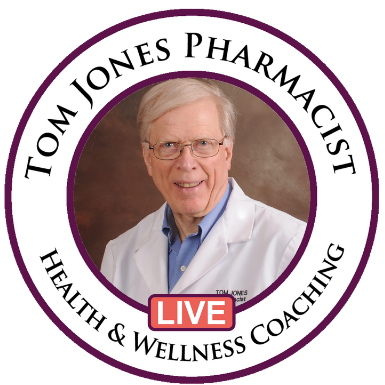




Write A Comment